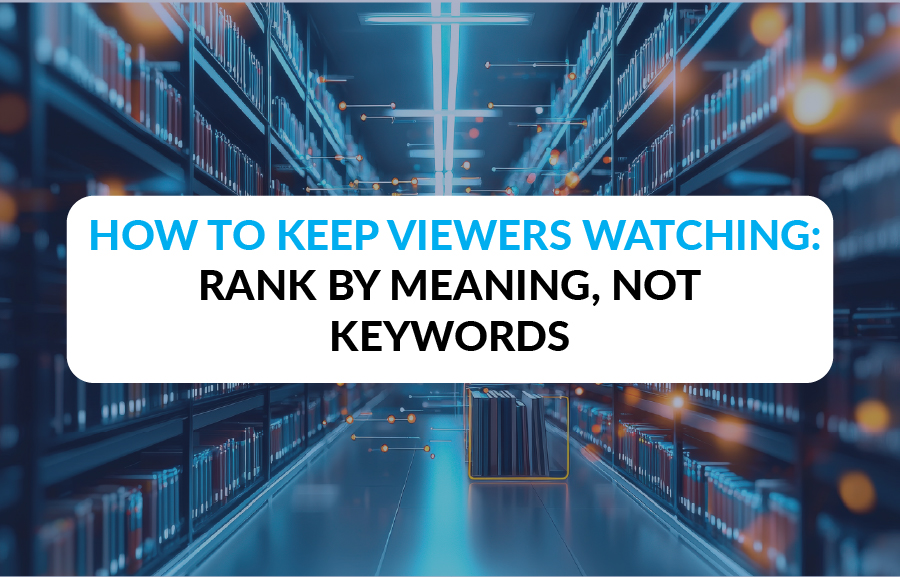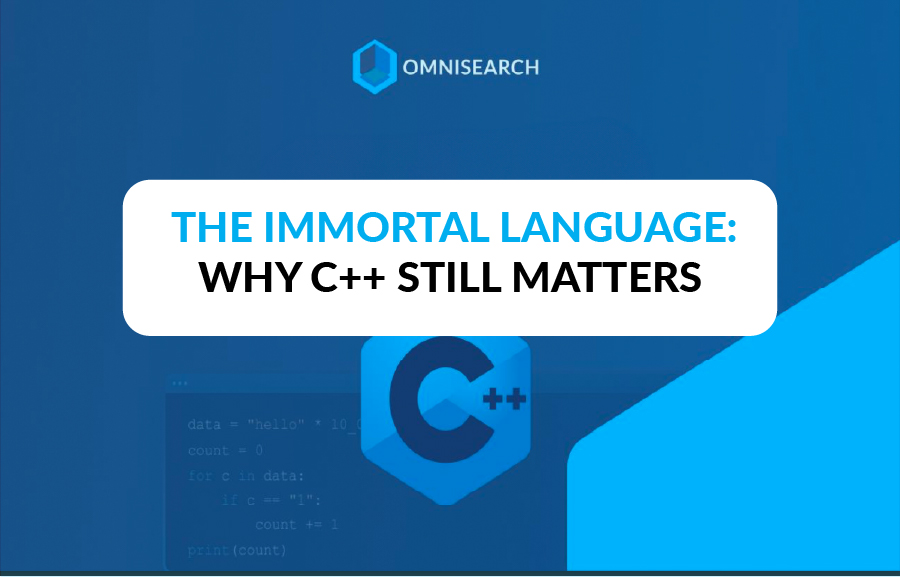The Human Touch: AI's Impact on Everyday Life
No items found.
Published:
August 20, 2024
Topic:
Insights

In the ever-evolving landscape of technology, Artificial Intelligence (AI) has emerged as a transformative force that is reshaping the way we live, work, and interact. The integration of AI into our everyday lives brings with it a multitude of benefits and challenges, prompting us to explore the delicate balance between technological advancement and the preservation of the human touch.
.jpeg)
One of the most noticeable impacts of AI on everyday life is its role in simplifying and enhancing daily tasks. Smart assistants, powered by AI algorithms, have become an integral part of our homes, helping us with everything from setting reminders to controlling smart home devices. As we delegate routine tasks to these digital companions, we find ourselves with more time for meaningful human interactions and activities.
The advancement of AI has also revolutionized communication. Natural Language Processing (NLP) algorithms enable chatbots and virtual assistants to understand and respond to human language, creating seamless communication channels. Whether it's online customer support, language translation, or real-time transcription services, AI is breaking down language barriers and fostering global connectivity.

Ante Tomić, Senior Software Engineer at Infobip shares his personal hopes for AI
"AI has the potential to significantly affect our lives. Even though I don’t think that AI can fully replace humans, it can help supercharge our workflow and boost it to the next level. As someone with 55% hearing loss, I am very excited to see what AI can do to help improve the accessibility for everyone and make our products and tech easier to use."
AI for Health
In the ever-evolving landscape of healthcare, Artificial Intelligence (AI) is playing a pivotal role in transforming how we approach personal wellness, with a significant impact on areas like diet and nutrition. From predictive analytics to personalized treatment plans, AI is helping healthcare professionals deliver more precise and efficient care. Diagnostic tools powered by machine learning can analyze medical images and detect anomalies, leading to earlier and more accurate diagnoses. However, the ethical implications of AI in healthcare, such as data privacy and algorithmic bias, warrant careful consideration.
AI algorithms are increasingly being employed to develop personalized nutrition plans that consider an individual's unique health profile, dietary preferences, and lifestyle. These plans go beyond generic recommendations and take into account factors such as age, gender, activity levels, and specific health goals. By leveraging machine learning, AI can continuously adapt these plans based on real-time data, providing users with dynamic and effective guidance.
Among the innovative players in this space is Noom, a company that utilizes psychology and AI to revolutionize the way individuals approach and maintain a healthy lifestyle.
Noom, in particular, has gained attention for its innovative approach to dieting, blending AI with behavioral psychology. The company's platform employs algorithms that analyze user behavior and engagement to tailor recommendations that are not only scientifically sound but also resonate with individual motivations and challenges.

Petra Rebernjak, Senior Machine Learning Engineer from Noom shares her experience in product design .
"Integrating AI into product design isn't just about innovation; it's about enhancing the human experience. By streamlining tasks like meal logging and providing personalized assistance in health and wellness, we're not only simplifying processes but empowering individuals to take control of their well-being with ease and efficiency."
AI in Culture
Beyond its tangible impact on daily tasks, Artificial Intelligence is leaving an indelible mark on the cultural landscape, influencing the way we create, consume, and interpret various forms of art and entertainment.
In the realm of creative arts, AI has become a tool for artists and creators to explore new frontiers. Generative models, such as OpenAI's DALL-E and GPT-3, have demonstrated the ability to generate realistic images and creative written content. This fusion of human creativity and machine intelligence opens up exciting possibilities in areas like visual arts, literature, and music, challenging traditional notions of authorship and artistic creation.
AI-generated art has sparked conversations about the nature of creativity and the role of the artist in a world where machines contribute to the creative process. Museums and galleries now showcase AI-generated artworks, prompting audiences to reflect on the intersection of technology and artistic expression.

Dino Antonic, a professional singer working as a vocal coach on Croatian television and as a singer at Zagreb City Theatre Komedija shares his take on AI in his daily life:
“Although, in my opinion, AI could never completely replace the human emotion while acting or singing, it has a lot of benefits in the process of creating. Beside using Amazon Alexa on a daily basis for playing music, I sometimes use AI in search of inspiration for some chord progressions and/or solutions for melodies.”
AI algorithms are reshaping how we discover and engage with content. Streaming platforms use recommendation systems powered by AI to suggest movies, TV shows, and music tailored to individual preferences. These algorithms analyze viewing habits, genre preferences, and user ratings to curate personalized playlists and recommendations, providing a more immersive and customized entertainment experience.
The rise of virtual influencers and AI-generated characters further blurs the lines between reality and fiction in popular culture. These digital personas, brought to life through advanced AI technologies, are gaining popularity on social media platforms, challenging traditional notions of celebrity and influencing consumer behavior.
AI's impact on culture extends to language and narrative structures. Natural Language Processing (NLP) models, like GPT-3, have demonstrated the ability to generate coherent and contextually relevant text. This technology is being harnessed in video game development, chatbots, and even collaborative storytelling projects where AI contributes to the narrative alongside human participants.
The evolution of AI-generated narratives prompts us to explore the evolving relationship between humans and machines in the storytelling process. As AI becomes more adept at understanding and generating human-like text, questions arise about the potential for AI to contribute to literature and narrative arts in novel ways.
In the grand tapestry of human culture, AI is weaving its own thread, challenging our perceptions, enriching our creative endeavors, and prompting us to redefine the boundaries of human-machine collaboration. As we navigate this intersection between technology and culture, it is essential to approach these advancements with a critical lens, ensuring that the cultural landscape remains vibrant, diverse, and true to the essence of human expression.
As AI becomes increasingly intertwined with our daily lives, it brings about ethical considerations that cannot be ignored. Concerns about job displacement, algorithmic bias, and the responsible use of AI demand a thoughtful and inclusive approach to technology implementation. Striking a balance between technological progress and the preservation of human values requires collaboration between policymakers, technologists, and society at large.
While AI continues to reshape our daily experiences, it is essential to recognize and preserve the unique qualities that make us human. The human touch—empathy, creativity, and emotional intelligence—remains irreplaceable. As we embrace the benefits of AI, it is crucial to use technology as a tool to enhance our lives rather than a substitute for human connection.
The impact of AI on everyday life is undeniable, ushering in a new era of convenience, efficiency, and connectivity. However, as we navigate this transformative landscape, it is imperative to prioritize the preservation of the human touch. By fostering a harmonious relationship between technology and humanity, we can ensure that AI becomes a force for positive change, enhancing our lives without diminishing the essence of what makes us uniquely human. How does AI make your life easier and watch challenges do you predict in the future?






